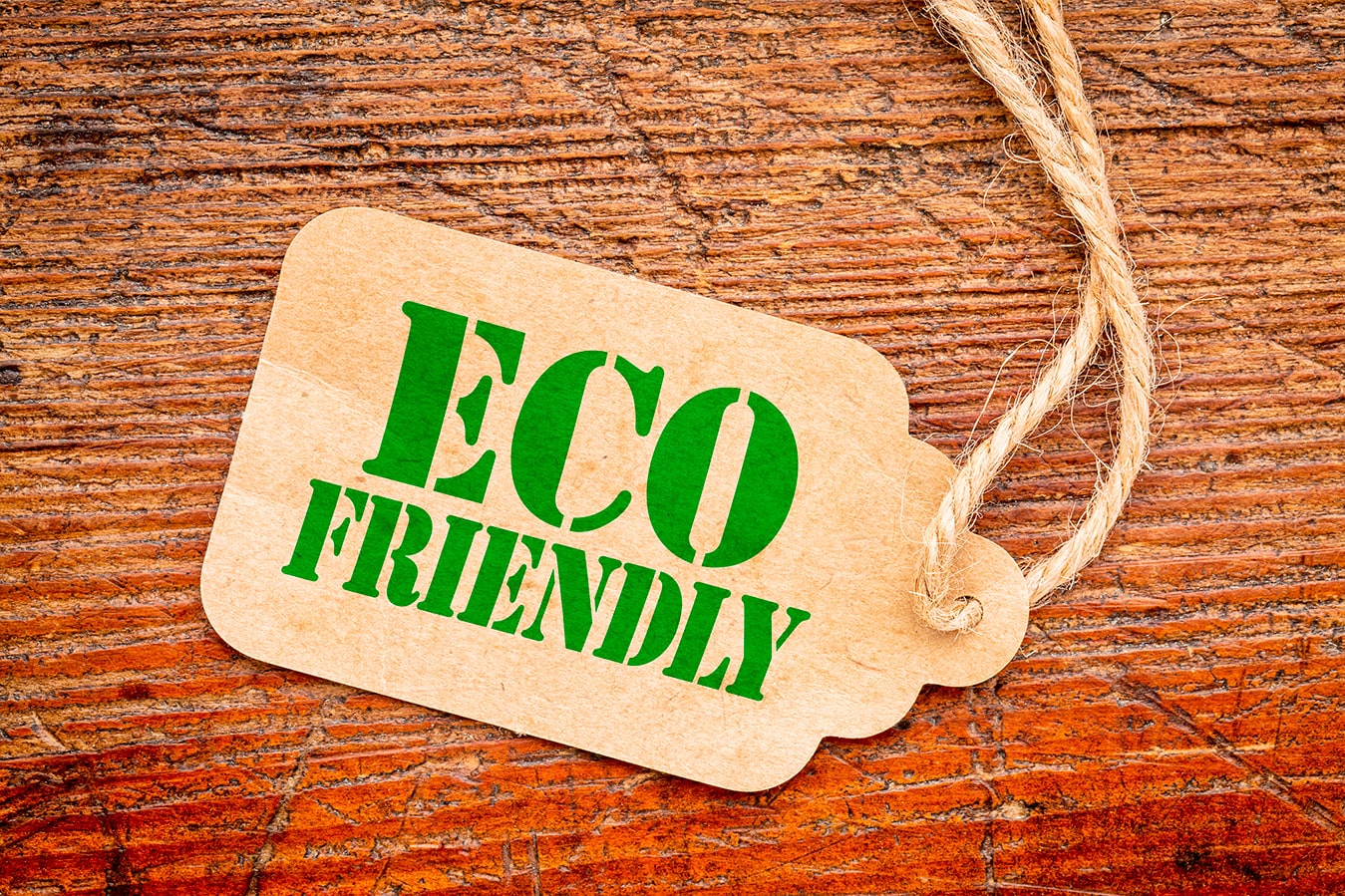What do environmental conscious customers can do to make more sustainable choices? There is a multitude measures to be taken when striving for a more environmentally conscious lifestyle.
Ecolabels and its Importance
Consumers can use products that are better for the environment but it’s often difficult for them to know which the more sustainable alternative is. That is why there are Eco-labels. For consumers, the label is a true reference which helps them identify products that have a reduced impact on the environment. For entrepreneurs, this is a way to take action and also a good way of boosting business.
Some Eco-labels in Southeast Asia
Here are some local Eco-labels we have gathered that originates from Southeast Asia
1. Singapore Green Labeling Scheme (SGLS), Singapore
The Singapore Green Label is a seal of endorsement on its environmentally-friendly claims to prevent the abuse of green-washing. This has proved to be advantageous for Green Label certified products that have become more marketable and readily accepted by consumers or businesses when making a purchase. The application of such scheme is applied to both local and foreign companies. Launched in May 1992, the scheme spans across 28 countries with over 3000 products certified.
2. Thai Green Label, Thailand
The Green Label is an environmental certification awarded to specific products that are shown to have minimum detrimental impact on the environment, in comparison with other products serving the same function. The Thai Green Label Scheme applies to products and services, not including foods, drinks, and pharmaceuticals.
The scheme was initiated by the Thailand Business Council for Sustainable Development (TBCSD) and formally launched in August 1994 by The Thailand Environment Institute (TEI) in association with the Ministry of Industry.
[See also:
Spotlight: Clean Beauty Trend]
3. Green Choice Certification, Philippines
A third-party, non-government, non-stock, and non-profit organization is guided by principles and procedures of ISO 14024 which aims to change the behavioral patterns in consumption and production that tend to misuse, abuse, and degrade the environment.
Launched in 2003, the Green Choice Certification helps the market in making the responsible purchasing decisions. It protects them from false and deceiving claims. They set standards that elevate the quality of the green products. It have granted the Seal of Approval to green products under the categories of laundry detergent, cement, natural infill material, engine oil, ceramic tile, water-based paint, LED light, paper hand towel, tissue papers, induction lamp, electronic ballast, organic liquid disinfectant, fiber cement board and photocopier.
4. Ekolabel, Indonesia
Ekolabel Indonesia is a certificate for Indonesian products deemed as “environmentally-friendly” based on having a reduced environmental impact over the product’s life-cycle compared to products which do not meet an equivalent standard. It was established in 2004 by Indonesia’s Ministry of Environment. It meets the ISO 14024 standards for eco-labelling. It covers detergent, leather, textiles and various types of paper, such as tissues, printing and wrapping paper.
[See also:
The What’s and The Importance of Halal Cosmetics to Muslim]
5. SIRIM Eco-labelling Certification Scheme, Malaysia
Recognized as the National Eco-labelling Program of Malaysia, SIRIM was launched in 1997 and its leading certification, inspection, and testing body SIRIM Qas International is a member of Global Ecolabelling Network (GEN) which comprises of more than 20 countries.
It must be noted that all four aforementioned ecolabeling bodies from Thailand, Philippines, Indonesia, and Singapore are also members of the network thus making it easier for them to export items to its member networks.
Conclusion
Ecolabelling and green purchasing, as fundamental tools in influencing the patterns of production and consumption, must be sustained as these are among the key steps towards the path of green business practices.
Ultimately, to be a conscious consumers, people should learn about the most respected equal labels for products and services in their respective countries and look for them the next time you go shopping. For firms and companies, the decision to be eco-friendly is completely voluntary, but they definitely know the benefits they can reap from it.

